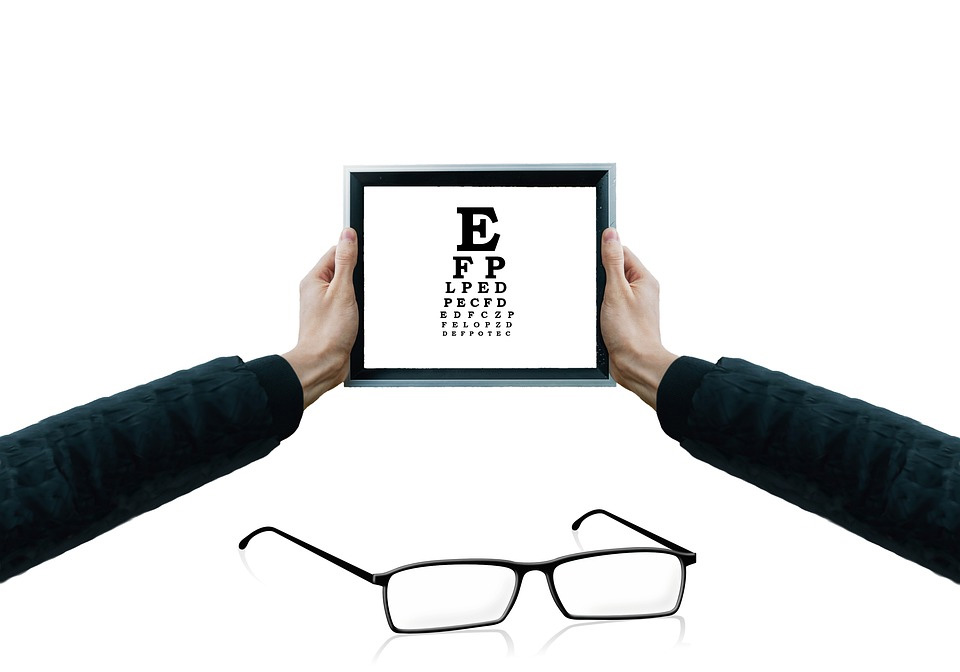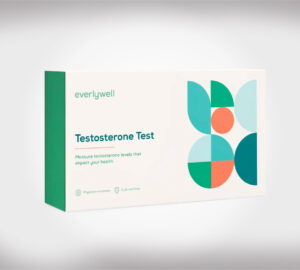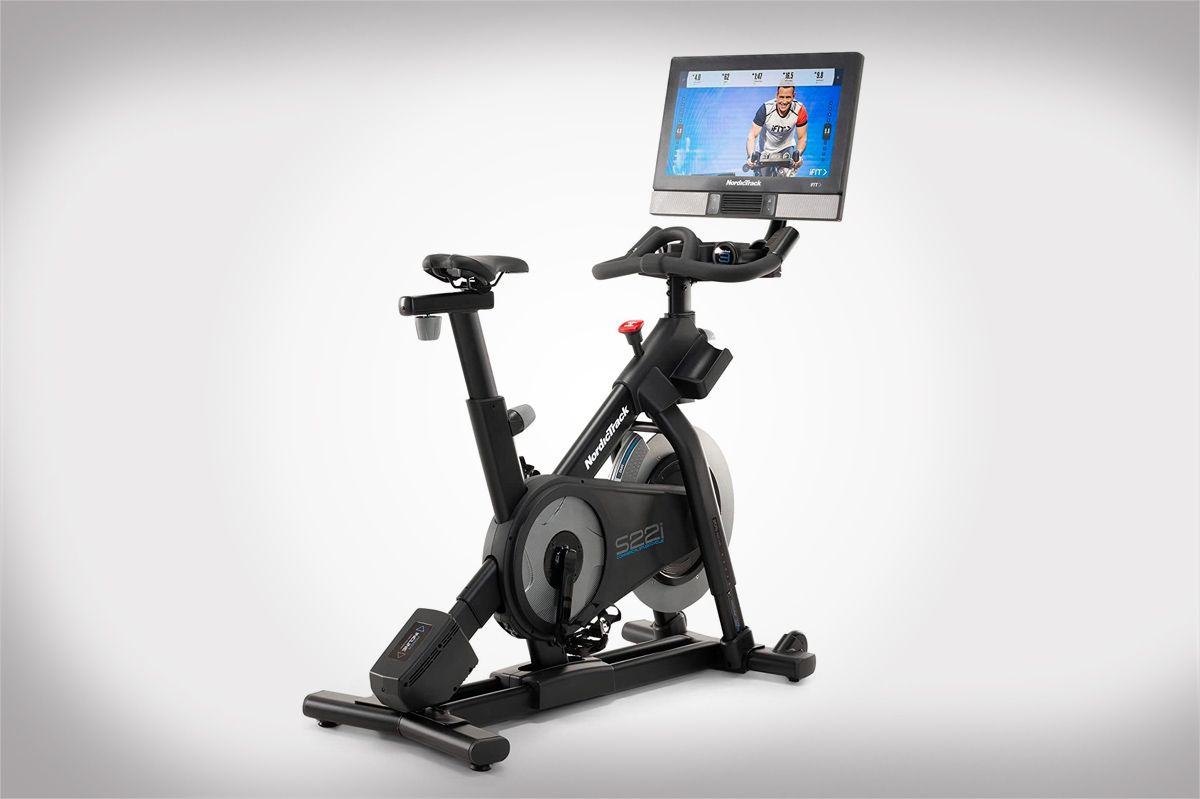6 minute read
It’s not possible to stop the clock, but there are many steps you can take to slow the aging process and improve your biological age. Getting older is inevitable, but if you make the right choices and look after yourself now, you can lower risks and maximize the chances of a healthy, happy retirement. In this guide, we’ll explore measures to keep you young at heart.
Exercise and being active
One of the best ways to enhance your health and wellbeing is to adopt a more active lifestyle. Exercise offers an array of benefits for your body and mind and studies show that people who exercise regularly are less likely to develop health complications later in life. Exercise is beneficial for immunity, it aids sleep, it reduces stress and it can also play an integral role in lowering the risk of heart disease, some types of cancer, obesity and type 2 diabetes.
If you’re not an active person, it’s not too late to embrace exercise and start working towards activity goals. Experts recommend a minimum of 150 minutes of moderate exercise per week for adults. This can include everything from walking your dog and doing a dance class to going for a jog in the park or taking your bike out. Aim to increase your fitness and stamina gradually, working towards achievable targets. Activity trackers have become increasingly popular in recent years. If you don’t know where you are in terms of how much exercise you do in an average week, or how active you are on a daily basis, use your tracker to give you an idea of your starting point. If you walk 3,000 steps a day, set yourself a target of 5,000 and then diversify your goals as your fitness improves.
Many people use a lack of time as an excuse not to exercise, but there are ways of being active if you have a hectic schedule. You can work out at home, undertake short bursts of intense exercise or use your weekends and evenings to explore the great outdoors and try new activities, such as hiking, kayaking, cycling, swimming and rock climbing.

Avoiding smoking and drinking
The lifestyle choices you make in your 20s, 30s, 40s and 50s will impact your health as you celebrate turning 70, 80, or 90. Smoking is harmful to your health and it can also be a costly habit. If you smoke, the risk of developing heart disease, cancer, respiratory diseases and osteoporosis increases and your skin will also age prematurely. It’s not easy to cut down or give up smoking altogether, but there are ways if you decide that 2021 is the year to quit. Some people find that using eliquid and swapping to vaping helps them to give up, while others use nicotine replacement therapies, group support or counseling. You may find that writing a list of the reasons why you want to give up smoking helps and it’s also a good idea to get your partner or any friends and family members that smoke on board too. You might also benefit from researching the effects of smoking and how your body will benefit if you do manage to quit.
Many people enjoy a drink. Drinking alcohol in moderation will not cause long-term damage to your body, but it is important to take heed of expert advice and to keep an eye on your consumption. It’s very easy for the number of units to creep up without you noticing, especially if you tend to drink socially or you open a bottle of wine every night to enjoy with dinner. The recommended daily intake for adults is a maximum of 2-3 drinks. If you’re worried that you may be drinking too much, keep a diary or use an app to keep track of your intake. If the number is too high, buy less alcohol, start enforcing alcohol-free days and alternate alcoholic beverages with soft drinks. There is help available for those who turn to alcohol to deal with stress and those who have become dependent or reliant on alcohol.
Sleep
When you sleep, your body undergoes essential repairs and restorative processes. If you don’t get enough rest, this can affect your physical health and mental wellbeing. There are several reasons why people experience sleep troubles, including anxiety and stress, jet lag, disturbances in the night, for example, pets and young children, and pain. If you have trouble sleeping on a regular basis, it’s beneficial to seek advice and to consider trying some self-help techniques. These include regular exercise, avoiding caffeine in the evenings and establishing a routine. Give yourself time to switch off and relax in the evenings and go to bed and set your morning alarm at the same time every day. This will enable your body clock to adjust and ensure you get sufficient rest. Try to keep technology out of your bedroom and create a restful, peaceful haven. If you’re prone to stress, take time to unwind before you get into bed. Run a hot bath, read a book, meditate, watch TV or call a friend to catch up. If you get into bed feeling calm and relaxed, you should find it easier to drift off to sleep.
Vision and hearing
Many of us are guilty of taking our senses for granted. In our youth, we can see without straining and hear without having to concentrate or turn up the volume. As you get older, it’s common to experience deterioration. You can’t stop the aging process, but you can protect your eyes and ears to lower the risk of hearing loss and prevent problems with your sight from getting worse. Schedule regular checks and assessments and don’t ignore warning signs. If you’re finding it hard to hear what people are saying to you in meetings, you keep turning the TV volume up, or the screen is blurred when you’re far away from the TV, book an appointment. It’s also essential to avoid exposure to loud noises, to rest your eyes when you’re using a computer for long periods of time and to protect your eyes in the sun.
But if you do realize that you have hearing loss, then using hearing aids can make a significant difference in your quality of life. Modern hearing aids are discreet, technologically advanced, and designed to fit seamlessly into your daily routine. They can improve your ability to communicate, reducing the strain of trying to follow conversations and allowing you to participate more fully in social activities. Many hearing aids now come with features like noise reduction, Bluetooth connectivity, and rechargeable batteries, making them more convenient and effective than ever before. If you’re struggling with hearing issues, consider speaking to a professional and look at the best hearing aids according to audiologists. This can be a valuable step towards maintaining your independence and enjoying a fuller, more connected life.
Nobody is immortal, but it is possible to take steps to increase life expectancy and stay young at heart. Looking after yourself in your 20s, 30s and 40s can make all the difference when you reach your senior years.






